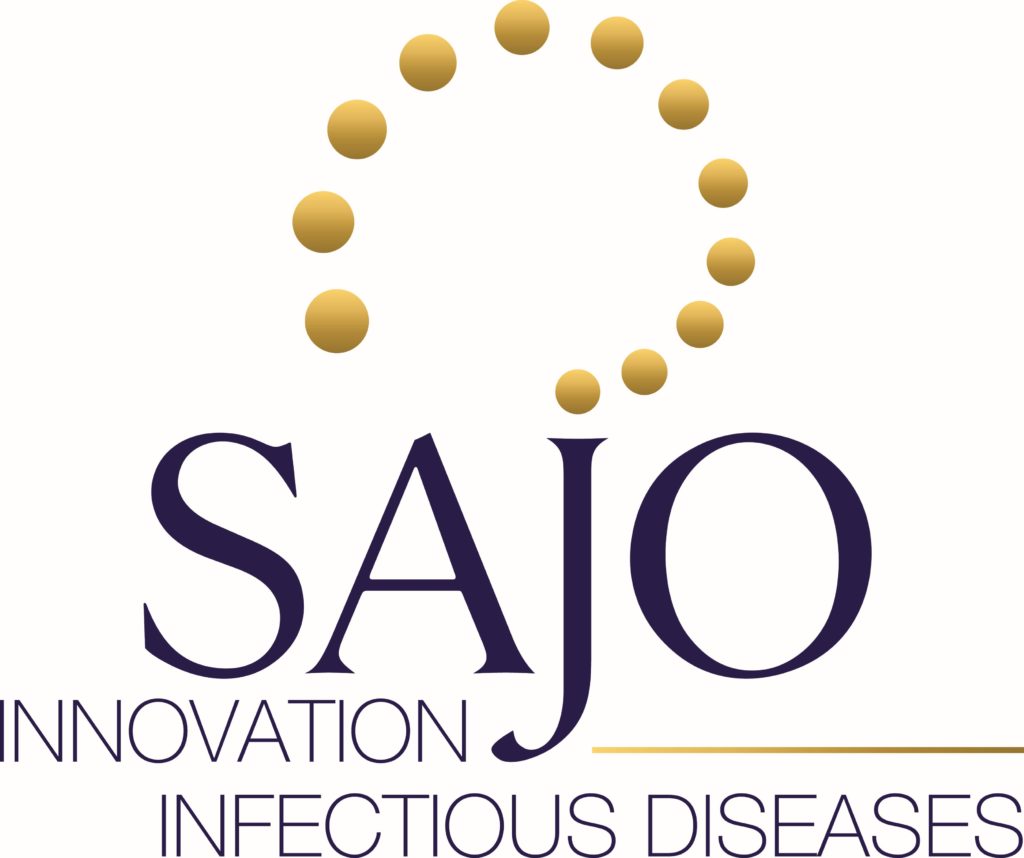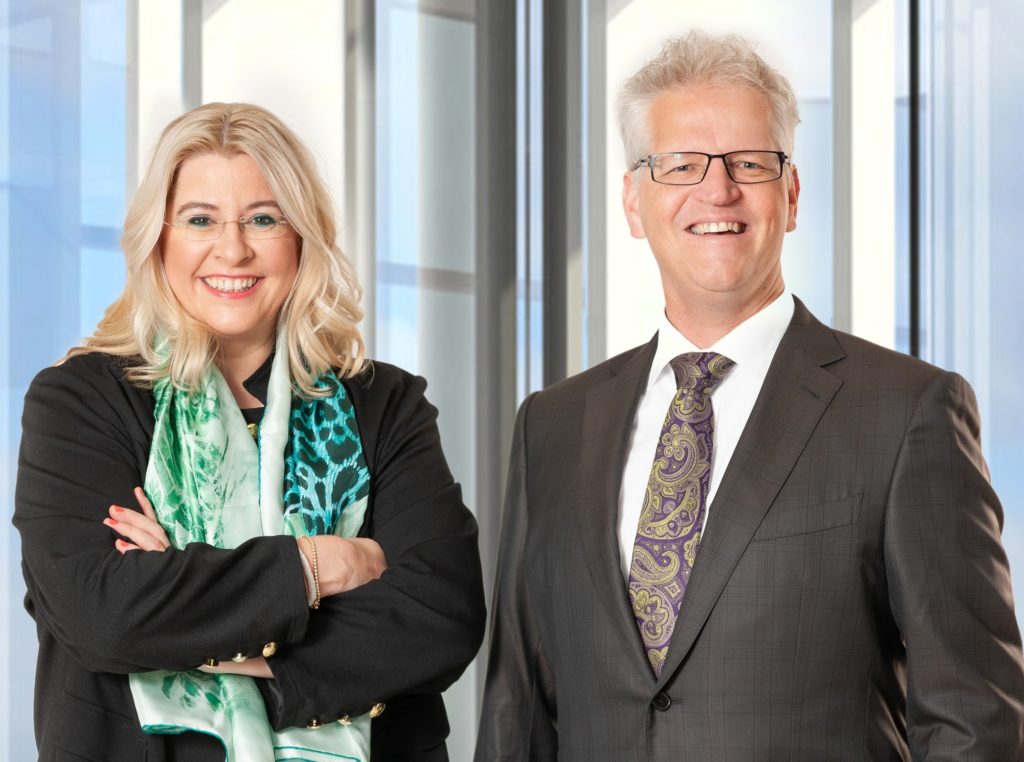Indian summer has arrived – preparations for the fall – a seasonal update
Pandemic status: Globally there are more than 290,000 counted new infections per day. Currently, there have been close to 28 million cases. See Johns Hopkins University: https://coronavirus.jhu.edu/map.html
Dear Readers,
Finally, Indian summer has arrived, we are expecting a temperature hike and are enjoying this time of the year. Relax outdoors and recharge your batteries in the sun.
We are having barbecue with fish in our garden, accompanied by a glass of white wine, enjoying the warm summer afternoon, after our day’s work of course, and we are preparing for fall.
These thoughts we want to share with you and to answer questions we had been asked.
Quite often we are confronted with the question of whether it is possible to contract the coronavirus via contaminated food. This transmission belongs to the “smear infections”. Such infections occur, when an infected person is contaminating an object (doorknob, light switch, toilet, a.s.o.) or food with a pathogen – the objects now are called fomites. For food, there is a widely known example: Time and again, norovirus outbreaks occur on cruise ships, nursing homes, or hospitals. Noroviruses adapted in a way to survive after oral intake the passage through the stomach. This leads to severe diarrhea.
Transmission of coronaviruses mainly occurs through the respiratory tract. Infection via contaminated food may not be totally excluded but is considered rather unlikely. For patients with a suppressed immune system, as well as for the elderly and the very young, there are high standards of hygiene, as should be known. This should be implemented in general, since there are numerous pathogens that are transmitted via food.
Examples on food would be salmonella (bacteria), EHEC (bacteria), but viruses as well, such as noroviruses, Hepatitis A virus, Hepatitis E virus, to name just a few.
Salad and vegetables intended for raw consumption need to be cleaned thoroughly before. Meat, fish and other seafood (shellfish, mollusks) need to be heated until done.
Hepatitis E virus is transmitted via undercooked pork and shellfish, poultry is a carrier of salmonella.
Cooking will also inactivate any possible coronavirus contamination.
We love the Japanese cuisine which is using a lot of raw fish. We are enjoying this on rare occasions, since we are taking special care of the source when shopping. Raw fish needs to be of sushi quality, and it needs to be processed and consumed within a few hours. In Germany, it is hard to come by.
We love international cuisine, we are combining different foods, we are designing new dishes, using lots of international spices. A good fish or meat does not lose anything when cooked, and you are on the safe side.

How do we deal with these issues personally?
After cleaning, vegetables/salad (from our garden or the market) is washed thoroughly three times in a large bowl. The first run is done with salted hot tap water, the second one with hot tap water, and a third one with cold tap water.
Should any birds or critters have paid our vegetable garden a visit, the washing will remove any contamination.
We are NOT consuming raw meat, such as beef tartare or ground pork, for reasons given above. Meat, fish, and seafood are being heated until done.
Kitchen utensils such as knives and cutting boards are used separately for animal and plant products. Hands are washed thoroughly with soap before and after each handling, to avoid transfer from meat to vegetables or salad.
Work surfaces, sink (including tap) are being cleaned thoroughly with detergent and water. The utensils are cleaned with detergent in the sink or dishwasher (at least 55 °C).
If you stick to these kitchen rules you will be on the safe side.

Fall and winter are the cold season. Besides rhinoviruses and adenoviruses (common cold viruses), there are the Coronavirus and Influenza (the Flu).
It is possible to prepare for this season. Each year there are vaccines adjusted to the seasonal Flu. This way everyone may protect him/herself and the people around. The new vaccines should be available by the end of September. Go get your flu shot.
While planning a visit to the doctor’s office, let your vaccination certificate be checked. Maybe there are other vaccinations to be received.
Make sure you have enough supplies of facemasks, soap and laundry detergent.
In fall and winter try to avoid packed locations as far as possible and keep a distance. In closed spaces the only mutual protection is by face masks unfortunately. This protection is far from 100 %, but momentarily there is no other way. …

The measures do have a positive side effect: Facemasks and distancing will reduce the infection rates of common cold and Flu as well. This should be motivation to get accustomed with the protective measures even better.
One word to a coronavirus vaccine: Do not expect one to be around before 2021. In Germany, licensing of a vaccine is regulated by the Paul Ehrlich Institute. This institute has earned a reputation over the past decades, that can be trusted. Only after successful completion of all test phases, a vaccine will be licensed for use. This is also true for any vaccine that was made abroad.
Do not diminish your attention, stick to the reasonable measures, and keep the virus at bay, and – enjoy the Indian summer.
Yours, Sabine and Jörg


SAJO – for a healthy and better world and future!

Today, the African Swine Fever Virus officially arrived in Germany. The virus was found in a wild boar cadaver. This was expected for months, so it came as no big surprise. The virus poses no danger to humans, but for boars and pigs it is highly contagious and deadly. The virus is carried into the stables by humans. Here, humans are transmitting the virus to the animals. In most cases transmission occurs through contaminated shoes, clothes, or vehicles. The virus is durable and is thus easily carried into stables.


